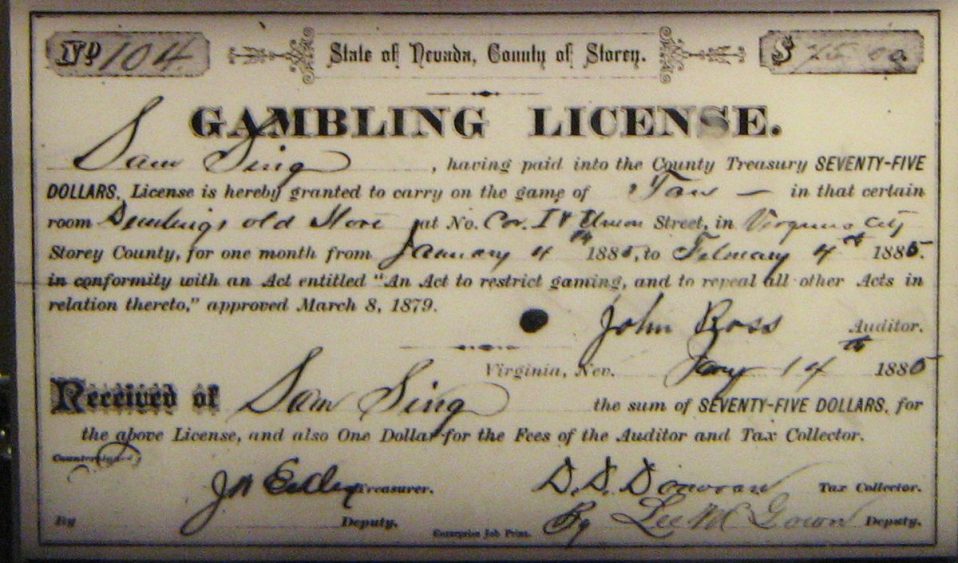The Capital Needed to Start a Gambling Business
Starting a gambling business can be a potentially lucrative venture, but it comes with its own set of challenges and requirements. One of the key factors that aspiring entrepreneurs need to consider is the capital required to initiate such a venture.
This article will delve into the various aspects of the capital needed to start a gambling business and the factors that influence it.
-
Licensing and Legal Costs
The first and most crucial step in establishing a gambling business is obtaining the necessary licenses and permits. The cost of licenses varies greatly depending on the jurisdiction and the type of gambling operation. For instance, running a casino will likely require a more substantial investment in licensing fees than starting an online sports betting platform. Legal consultation and compliance costs also play a significant role in this category.
-
and TechnInfrastructure ology
Modern gambling businesses rely heavily on advanced technology and infrastructure. Establishing a physical casino, for example, entails expenses for constructing or renovating a building, installing gaming equipment, and creating a secure and comfortable environment for patrons. Online gambling platforms require robust servers, website development, payment processing systems, and cybersecurity measures. These costs can be substantial and may vary depending on the scale and complexity of the operation.
-
Marketing and Promotion
To attract customers and build a brand, gambling businesses need to invest in marketing and promotion. This can involve advertising, sponsorships, affiliate programs, and other marketing strategies. Effective marketing campaigns can be costly, especially in a competitive industry like gambling.
-
Operating Expenses
Day-to-day operating expenses are a significant consideration. Employee salaries, utilities, rent or lease payments, maintenance, and other recurring costs must be factored into the budget. The size of your operation will greatly influence the magnitude of these expenses.
-
Regulatory Compliance
Compliance with industry regulations is not a one-time expense but an ongoing commitment. Businesses must allocate resources for regular audits, security upgrades, and adapting to changing regulations. This continuous investment ensures that the operation remains legal and secure.
-
Risk Management and Bankroll
Gambling inherently involves financial risk. Operators must set aside a substantial bankroll to cover potential losses, especially in games where the house can lose. Adequate risk management and financial planning are essential to ensure the sustainability of the business.
-
Customer Support and Service
Providing excellent customer service is essential for retaining and attracting players. Investments in customer support staff, training, and systems are necessary to maintain a positive reputation and keep customers satisfied.
Read More : Gambling in Las Vegas, The Glittering Oasis of Chance
Starting a gambling business requires a significant amount of capital, and the specific amount will vary depending on the type of gambling operation, location, and scale. Entrepreneurs must carefully assess their financial capacity and conduct thorough market research before embarking on such a venture. Additionally, a well-structured business plan that outlines all the costs and revenue projections is essential for securing financing and ensuring the long-term success of the enterprise. Remember that the gambling industry is highly regulated, and compliance with laws and regulations is crucial to avoid legal troubles that could further escalate costs.




Komentar Terbaru